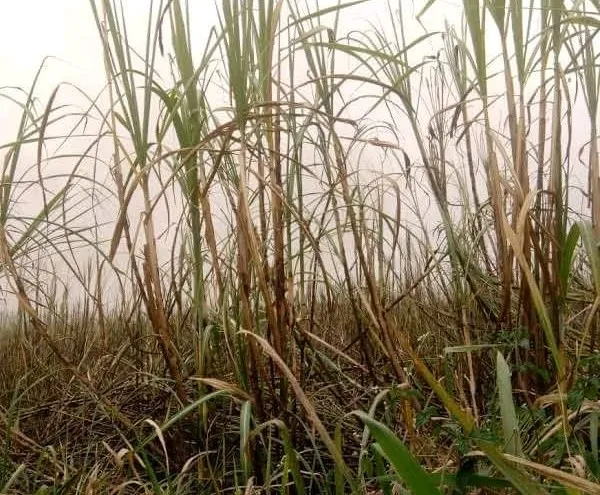KAMPALA – Economic Policy Research Centre has received a greenlight to carry out a Regulatory Impact Assessment [RIA] for the sugarcane sub-sector in Uganda.
Patrick Ocailap, the deputy secretary to the treasury, recently said the RIA, when completed, will lead to a serious policy direction in the sugar industry.
The RIA will “lead to a serious policy direction that is necessary to take care of all the weaknesses, best practices elsewhere that work for the [sugarcane] industry to try and drive the agenda for import substitution and export promotion,” he said.
RIA involves critically assessing the positive and negative effects of proposed and existing regulations and non-regulatory alternatives, according to the Organisation for Economic Cooperation and Development [OECD].
The sugarcane sub-sector in Uganda is currently regulated under the 2010 National Sugar Policy and the Sugar Act, 2020 and according to industry experts, these regulations have hardly mainstreamed the operations of the sub-sector, leaving a broken relationship between powerful millers and powerless farmers.
The RIA will be backed by the market studies done on the sub-sector.
Ochailap was speaking at the 25th Ministry of Finance, Planning and Economic Development [MoFPED]Top Technical Management [TTM] where EPRC presented key findings from the nationwide sugarcane sub-sector study detailing key challenges with the current regulatory environment. The study findings were presented by Dr. Swaibu Mbowa, a senior research fellow at the EPRC.
Ocailap described the sugarcane study as excellent and added: “The take-home message is based on the existing policies, and the weaknesses that we set out to address. They are all here. These are the things that as the result of the current policies, are not working – right from the pricing, coordination arrangements, research and development, necessitating the current policy overhaul.”
The EPRC has published the full report of the sugarcane sub-sector in Uganda.
EPRC Executive Director Dr. Sarah N. Ssewanyana said: “The Centre [EPRC] acknowledges that fact that there are people and firms involved in the sugarcane sub-sector trying to innovate to expand the product space. And in this case, an action can deter their innovation which calls for carefulness to ensure supportive and favourable policy environment.”
Sugarcane production in Uganda is undertaken on both nucleus estates owned by large sugarcane mills and by farmer-outgrowers, who include small, medium, and large-scale farmers.
Uganda’s sugarcane subsector has grown consistently since it was liberalised in 1986, particularly over the past 20 years as cane production increased from 1.5 million metric tonnes [MT] in 2000 to 5.8mln MT in 2020.
SOURCE: EPRC
https://thecooperator.news/evictees-ask-hoima-sugar-limited-for-compensation/
Buy your copy of thecooperator magazine from one of our country-wide vending points or an e-copy on emag.thecooperator.news
